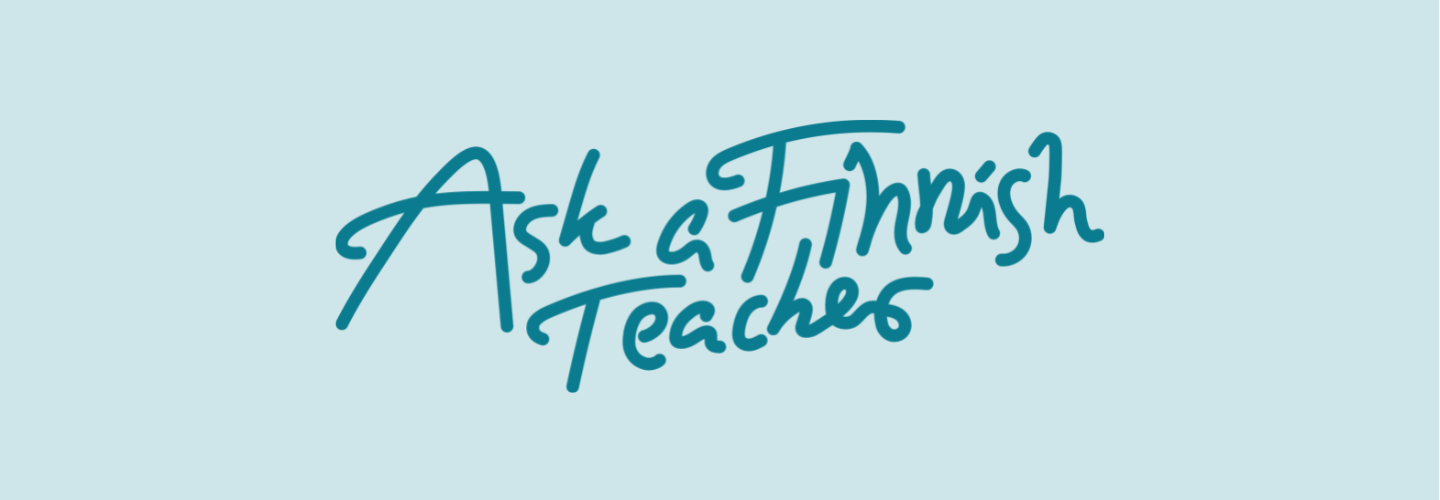|
A reader asks: Hi, how are you? I have a question. What do jo, vielä, vasta and enää mean? Can you write examples? Thank you very much and have a nice day! Here’s the original question in Finnish: Hei. Mitä kuuluu. Minulla on kysymys. Mitä tarkoitta jo viela vasta ja enää. Voitko sinä kirjoittaa esimerki lauset . Kiitos paljon. Hyvää päivää. Heippä Hei ja kiitos kysymyksesta, hi and thanks for the great question! Jo, vielä, vasta and enää are small words that many learners of Finnish struggle with. Let’s dive right in! To write this, I referred to the excellent Kielitoimiston sanakirja to make sure that I catch the most important uses of each word. By clicking on the word in question, you can go directly to Kielitoimiston sanakirja’s definition and examples. 1. Jo means that something has already happened: Tein kotitehtävät jo eilen. I already did the homework yesterday. Hän tykkäsi laulamisesta jo lapsena. She liked singing already as a child. Onko kello jo kolme? Is it three o’clock already? 2. Vielä expresses that something is still going on: Asutko vielä Helsingissä? Do you still live in Helsinki? Or that something hasn’t happened yet: Minulla ei ole vielä työpaikkaa. I don’t have a job yet. And as an expression of more: Haluan juoda vielä yhden kupin kahvia. I want to drink one more cup of coffee. With the comparative: Vanha kitarani on ihan hyvä, mutta uusi kitarani on vielä parempi. My old guitar is good, but my new guitar is even better. 3. Enää. In negative sentences, enää expresses that something isn’t happening any longer: En ole enää koulussa. I’m not at school any more. Ei enää koskaan! Never again! In positive sentences: Meillä on enää kaksi korvapuustia jäljellä. We only have two korvapuustis left. Enää 100 kilometriä! Only 100 kilometres to go! 4. Vasta can often be translated as just or only: Kello on vasta kaksi. It’s only two o’clock. Näin hänet vasta viime viikolla. I saw him just last week! Vasta also means the bunch of twigs that you hit yourself with in the sauna (also known as vihta), but I don't think you were asking about that vasta! Helsingissä lehdet ovat jo pudonneet puista. Lehdet eivät ole enää puissa. Vielä ei ole pakkasta. Vasta äsken oli kesä!
Picture by PublicDomainPicures A reader asks: Hey i heard that you shouldn't use you correct name, email or address when you are writing the yki test kirjoittaminen. for example if you are ending a letter and you write: Ystävällisin terveisin you should not use your real name after it... is that correct? I' My answer: The YKI test is really good about protecting their test takers' personal info, so if that's the part you're worried about I'd say not to worry, your personal info is safe. The people who see your writing and your name are teachers specifically trained for YKI assessment, and they've all signed an agreement not to share any of the info they come across, including your name if you've chose to share it. Your writing and speaking may also be used for training and research purposes. However, the thing to take into account with sharing your real name in the YKI test is that names always contain information about where you're from. We live in a racist world, and sharing your real name might affect the way your test is evaluated. I really wish this wasn't true, but I can't pretend that this never happens. I know many of the YKI test assessors personally, and I know that they are anti-racist people who work very hard to be as fair as possible, but unconscious bias and internalised racism are unfortunately very real even in people who make a conscious and constant effort to do better. The YKI criteria are quite good (though far from perfect) and the test has been studied extensively to make sure that it's as fair and objective as possible. I'd say that even in the worst case, racisim can only play a very small part in how your test is assessed. Still, any time people are involved there's all kinds of things that affect the process, including any predjudice that the assessor may have, so I can't honestly say that there's no risk of disadvantage here. If you decide to go the route of not using your real name, I'd suggest you think of the name you'll use well in advance, so you don't have to spend any of the precious time in the test on picking out a pseudonym. As it's a Finnish language test we're talking about, maybe something like Matti Meikäläinen or Maija Meikäläinen (the Finnish equivalents of John and Jane Doe), or a super common first and last name like Juha Virtanen or Laura Jokinen. This has the added benefit of showing off your knowledge about Finnish names, and can be fun, even if the reason for doing it is pretty bleak. TL, DR: It's small risk, but it's still real risk that's very easily avoided in a way that allows you to show off your knowledge of Finnish language and culture at the same time. Edited 6.10.2021 to remove some typos and to add: It should never be on you to change yourself or your identity for the comfort of others, so please don't feel like using a pseudonym is something you have to do if you don't want to. Names are important, and changing your name can feel like erasing your identity, and that's just not worth it for a language test. Edited 9.10.2021 to add: After reading this post, my YKI assessor friend pointed out that the test taker's real name is displayed on test more prominently than I had previously realised (as I don't assess YKI tests myself, I of course don't quite know the details are like). So it's probably not at all worth spending energy making up a pseudonym after all! Picture by Free Photos
|
Archives
June 2024
|
Ask a Finnish Teacher / Toiminimi Mari NikonenBUSINESS ID (Y-Tunnus) 2930787-4 VAT NUMBER FI29307874 Kaupintie 11 B 00440 Helsinki If you'd like to send me something in the mail, please email me for my postal address. [email protected] +358 40 554 29 55 Tietosuojaseloste - Privacy policy |
© COPYRIGHT 2015-2022 Mari nikonen. ALL RIGHTS RESERVED.



 RSS Feed
RSS Feed